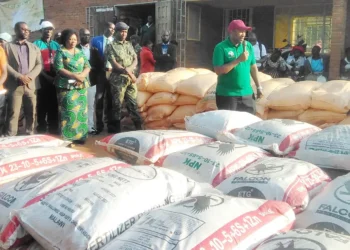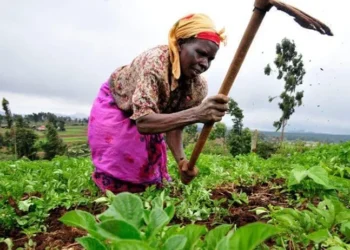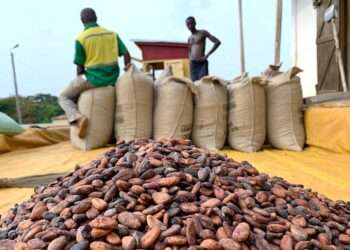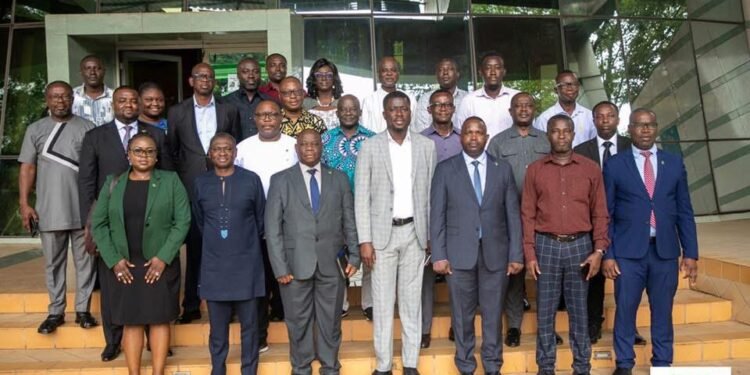The Centre for Indigenous Knowledge and Organisational Development (CIKOD), an NGO, is advocating for the inclusion of agroecology in the successor policy of the Food and Agricultural Sector Development Programme (FASDEP III) as part of the measures to promote agroecology in Ghana.
The Centre believes promoting agroecology would not only ensure sustainable agriculture among smallholder farmers but would also help reduce the rate of climate change currently experienced in the country.
Addressing participants at two-day national policy workshop on agroecology dubbed ‘Agroecology in the Current State of Climate Change and COVID-19: Challenges, Prospects and Policy Implications’ in Jirapa, Mr Bernard Y. Guri, the Executive Director for CIKOD, noted that CIKOD has been collaborating with other organisations, both nationally and internationally, to promote agroecology.
Mr Guri said for the agroecology advocacy to be successful, there is the need to get the concept into policy documents hence the need for the workshop to discuss effective ways to influence policy decisions including FASDEP III, in favour of agroecology in Ghana.
“The whole concept of agroecology, if it is not reflected in the policy, it won’t work. We will only be doing many things on the ground, but if we are to upscale to the national level, then it needs to picture in our policy,” he said.
Agroecology is the integrated use of natural resources and mechanisms for the purpose of agricultural production. It combines ecological, economic and social dimensions and aims to make better use of interactions between plants, animals, humans and the environment. In other words, Agroecology is an integrated approach that simultaneously applies ecological and social concepts and principles to the design and management of food and agricultural systems. It seeks to optimize the interactions between plants, animals, humans and the environment while taking into consideration the social aspects that need to be addressed for a sustainable and fair food system.
Mr Guri explained that agroecology has been practiced by farmers over the years and there is the need to promote it among smallholder farmers who formed about 70 per cent of the agriculture labour force whilst noting that conventional farming is destructive as it involves clearing of trees on the field and the excessive use of chemicals, which contribute to climate change and its effects.
“If we are coming up with a national policy it should reflect agroecology, go in the direction of agroecology, promote agroecology rather than industrial agriculture because if you look at the policy as it is now, it is all about industrial agriculture,” Mr Guri stated.
Dr Sylvester Ayambila, a consultant to the FASDEP III, noted that the new policy is in line with international policies such as the UN Sustainable Development Goals and the ECOWAS Agricultural Policy which seek to promote sustainable agriculture.
Sharing highlights of the FASDEP II, he explained that FASDEP II, which was introduced in 2008 would end this year, hence the need for the government to introduce a new policy that built on the FASDEP II. He noted that the FASDEP III seeks to promote climate resilience and sustainable agriculture which would incorporate agroecology, but the policy implementation in Ghana is a challenge. Agroecology, he said, involves a circular system of farming that is built on the strength and capacity of the soil with the use of bio-products such as compost and bio-pesticides rather than pesticides and chemical fertilizer, which destroys the land.
Dr Ayambila who is also a Senior Lecturer at UDS, Tamale, said in order to effectively implement the FASDEP, there is the need for stakeholders in the country to dictate to investors in the agricultural sector to implement programmes and projects in accordance with the policy.
Read also : FAO calls for sustainable urban food systems and more green areas across the world























